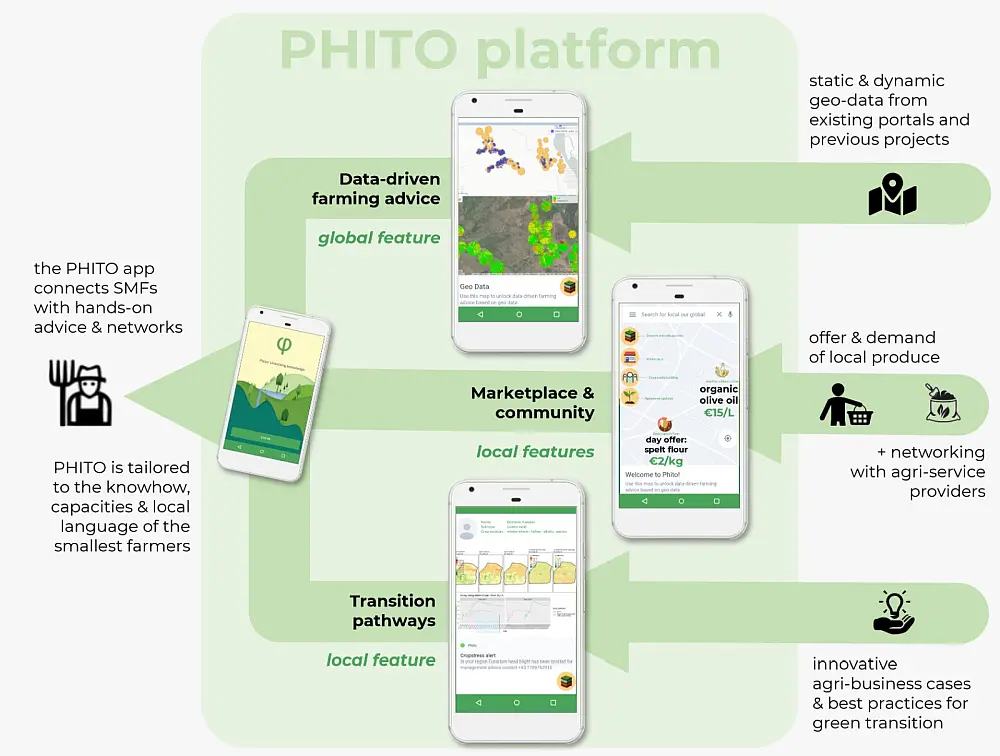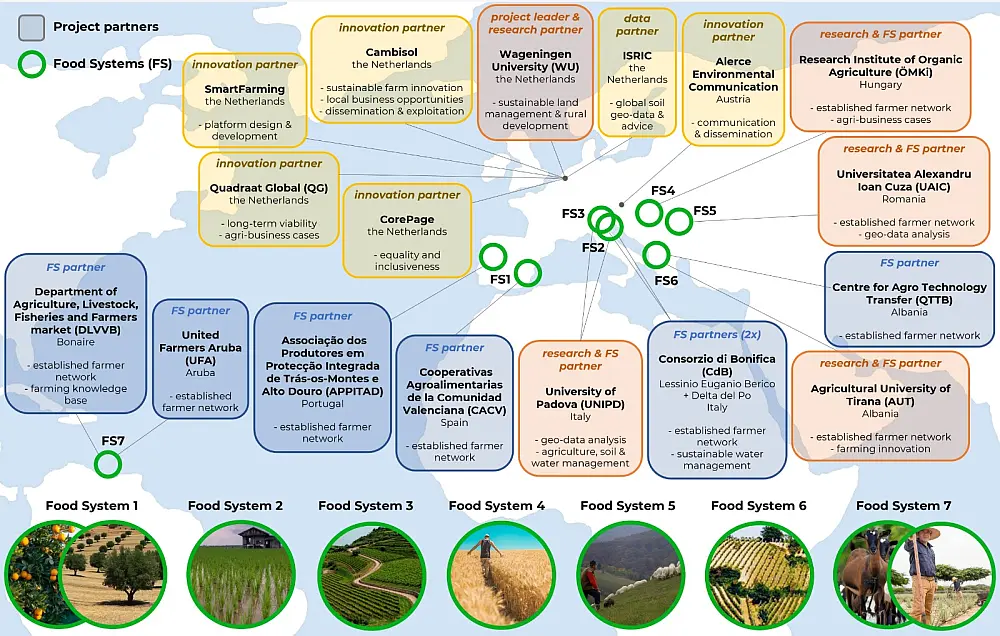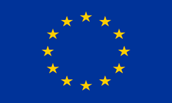
Background
Digital technologies increasingly play a key role in agriculture, carrying great potential for pursuing UN Sustainable Development Goals (SDGs) #2 (Zero hunger) and #12 (Responsible consumption and production) by offering smart solutions to boost both the productivity and sustainability of food production. By providing farmers with a palette of insights into soil, hydrology, climate, and crops, digital data allows targeted agricultural management leading to more yield and less waste. This is ever more important for food security in the face of pandemics, conflicts, water supply, and climate change.
Farmers, specifically small and medium farmers (SMFs), have been facing challenges of 1) affordability of digital farming solutions; 2) access to digital data; 3) awareness of digital opportunities, 4) continuity: a long-term viable solution. Platform for Helping small and medium farmers to Incorporate digital Technology for equal Opportunities (PHITO) envisions overcoming this digital divide and empowering SMFs to engage in “digital farming” by turning the challenges into opportunities.
PHITO introduces a ground-breaking digital tool specifically for SMFs that are currently unable to benefit from the digital innovation increasingly adopted by larger producers. The platform connects data and people through a low-barrier app, i.e., PHITO App, and bridges the digital divide by providing better access to information and local networking, helping SMFs to improve their decision-making processes and consequently their economic and environmental performances.
Objectives
- Offering free data-driven farm advice on soil, water and crops tailored to SMFs (global element);
- Improving synergic collaboration between farmers, consumers, and service providers while strengthening the local Agriculture Knowledge and Innovation Systems (AKIS ) (local element).
Main activities
WP1 – Project management including activity management, organisation of meetings, financial and legal management, gender equity and, communication and data management.
WP2 – User-needs & impact assessment which includes developing a user centered design approach, inventorying of food system specific information needs and developing and tracking food system specific economic and environmental performance indicators to measure the impact of PHITO for SMFs.
WP3 – Global geo-data harvesting including an overview and collection of public raw global geodata, identification of regional hotspots and indicators, relevance filtering and translation into actionable advice as well as evaluating global data-driven advice feature (part of PHITO App “Root” beta release) with end-users.
WP4 – PHITO App design and development which includes setting up PHITO platform infrastructure, development of PHITO App ‘Roots’ beta, ‘Branches’ beta and ‘Leaves’ beta & alpha.
WP5 – Activities with local communities & marketplace including local stakeholder mapping, inclusive co-creation of the local features, evaluating local community feature (part of PHITO App ‘Branches’ beta release) in practice and evaluating local marketplace feature (part of PHITO App ‘Branches’ beta release) with end-users.
WP6 – Transition pathways which includes compiling best practices, agri-business case development, developing transition pathways based on performance, in co-creation with users and evaluation of local transition pathways feature (part of PHITO App ‘Leaves’ beta release)
WP7 – Exploitation & dissemination which includes setting up and executing the dissemination and exploitation plan with active communication channels, PHITO Stories, building the PHITO business model, expanding the PHITO user community and policy recommendations
ISRIC – World Soil Information is mainly involved in Work Packages 3 and 6, and contributes to other work packages as needed.

Key outcomes
- Tailored, smart solution for SMFs: innovative app with 4 novel aspects, finally bringing digital innovation to SMFs
- Increased uptake of digital farming: 9,000 SMFs actively apply digital farming techniques through PHITO, with a rapid upscaling potential to 200,000 users.
- Breaking the digital divide: overcoming the 4 highlighted obstacles for adoption by co-creating the app to the SMF needs.
- Improvement of environmental and economic performance of SMFs: +20% income, -15% waste, +25% local trade.

Consortium
The project is coordinated by Wageningen University and project partners include:
- Wageningen University (WU), The Netherlands
- SmartFarming b.v., The Netherlands
- Cambisol b.v., The Netherlands
- Universita degli Studi di Padova (UNIPD), Italy
- Universitatea Alexandru Ioan Cuza (UAIC), Romania
- Associacao dos Produtores em Protecao Integrada (APPITAD), Portugal
- United Farmers Aruba Association (UFA), Aruba
- DLVVB Bonaire (DLVV-B), Bonaire
- Consorzio Delta del Po (CdBD), Italy
- ISRIC–World Soil Information (ISRIC), The Netherlands
- Consorzio Grado Lessinio Euganeo Berico (CdBL), Italy
- Cooperativas Agroalimentares Valenciana (CACV), Spain
- Corepage b.v, The Netherlands
- Quadraat Global (QG), The Netherlands
- Alerce Environmental Communication (Alerce), Austria
- Biokutatas Hungary (ÖMKI), Hungary
- Universiteti Bujqesor i tiranes Albania (AUT), Albania
- Qttb Fushë-Krujë (QTTB), Albania
Funding
The project is funded by the European Union’s Horizon 2020 Programme under grant agreement 101084332.
